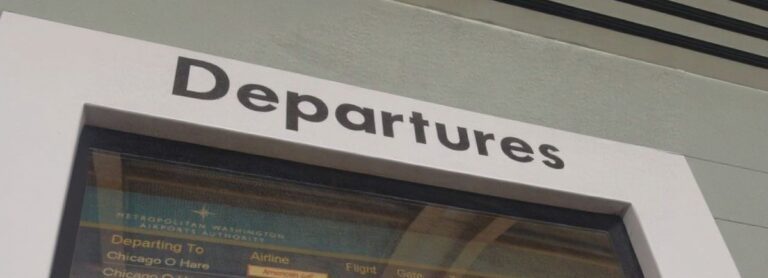
The US Citizenship and Immigration Services (USCIS) is in the midst of mailing accepted H-1B petitions out.
Employers will usually receive the results of this visa application in a month’s time or so. For F-1 students waiting to find out whether their petition has been or not, this can be a confusing time.
US law allows F-1 students who have completed their program or Optional Practical Training (OPT) to remain in the US for 60 days from the date of completion before they have to depart the US.
However, because the change to H-1B status does not occur until Oct. 1, an F-1 student previously had two or more months following the 60-day period with no legal status.
Here are some tips to take note of during this time:
1. Check whether you are able to work during ‘Cap-Gap’ period
The “Cap-Gap” period refers to the period when an F-1 student’s status and work authorization expire and, unless terminated, ends on Oct 1, the required start date of their approved H-1B employment.
International students, @StudyinStates helps explain the H1B visa and Cap Gap Extension! http://t.co/asmusZMApA
— University of Florida International Center (@GlobalGators) May 27, 2015
If your H-1B petition has been filed on time and the petition requested to a change of status to H-1B on Oct 1, 2018, your F-1 status and any current employment authorization may be extended until the first day of the new fiscal year, according to USCIS.
“Once a timely filed request for a change of status has been made, the automatic Cap-Gap extension will begin and will continue until the H-1B petition adjudication process is completed. If the student’s H-1B petition is selected and approved, the student’s extension of status will continue through September 30,” law firm Foley Hoag LLP wrote on JDSupra.
For applicants with H-1B petitions that are not selected, denied, withdrawn or revoked, they will have to prepare to depart the US within the 60-days grace period from that date or end date of their program, whichever is later.
2. You should not travel outside the US during ‘Cap-Gap’ period
 International travel during this period is risky. Source: Rebecca Butala How/ Getty Images/AFP
International travel during this period is risky. Source: Rebecca Butala How/ Getty Images/AFP
There are risks if F-1 students travel internationally during this period. It is generally advisable to not leave the US, unless it is for an emergency visit.
Several factors come into play here: Your H-1B application status and the duration of your study course.
According to Fragomen, traveling abroad before your change of status is approved by USCIS will result in the change of status portion of your case to be considered as abandoned.
“While USCIS may still approve the H-1B petition itself, you would not automatically change from F-1 to H-1B status on October 1. Instead, you would have to leave the United States again and apply for an H-1B visa at a US consulate or, if otherwise permissible, have your employer submit a new petition to change status to H-1B after your return,” Fragomen wrote.
If your change of status has been approved but yet to take effect on Oct 1, you can travel abroad and reenter if your course of study is not finished and you are re-entering the US to resume your studies.
If you have finished school by the time of your international travel and have not applied for OPT, you will not be able to return to the United States in F-1 status. To return to the US, you will have to apply for an H-1B visa to return.
“However, if your H-1B petition and application to change status to H-1B are filed before your F-1 status expires, you can remain in the United States during the cap gap period between the end of your F-1 period of stay (including 60-day grace period) and Oct 1, 2018.
Foley Hoag LLP summarises the situation as such:
“During emergent circumstances, an F-1 student generally can only travel if all 3 of these conditions are met:
- The student’s H-1B petition and request for change of status has been accepted and approved;
- The F-1 student seeks readmission before his or her H-1B employment begins(normally at the beginning of the fiscal year, i.e., Oct 1);
- The student has a valid unexpired F-1 visa in their passport and is otherwise admissible.”
3. Always refer to your Designated to School Official if you are unsure
Each student’s eligibility to work and travel during the cap-gap extension will highly depend on the particulars of each individual case. While there may be information online or from your friends and seniors, the prudent thing to do is to always talk to your Designated School Official (DSO) before making any major decisions.
It is also good to keep in regular contact with your potential employer on the updates of the status of your H-1B petition which they have filed for you.







